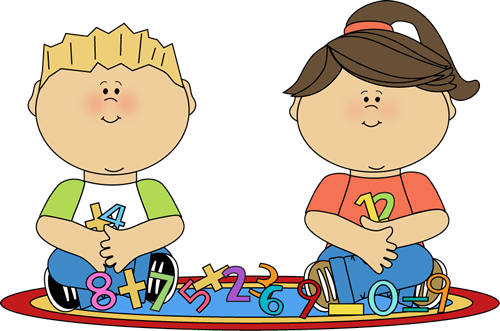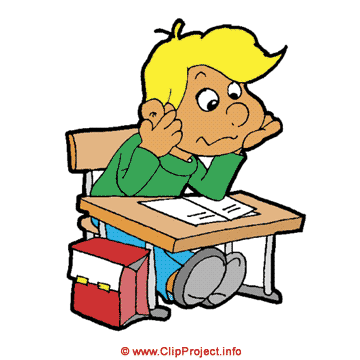This math course has been valuable to me in many ways and I find if difficult to decide what "greatest math learning" that has occurred for me this semester. As a future teacher what is most important for me in this class is discovering ways to teach student Math is in the most effective way possible. When I think about what "learning" would best help me to achieve this goal, I believe that the most important thing that I've taken away from this math course is the idea that it is endlessly beneficial to math math "real" and meaningful for students.
So what do I mean when I say it is important to make math "real" for my students. Well to me it means taking a subject that often appears very abstract to students and making it concrete and relatable for them. It means coming away from teaching students that math works "because it works" or that they've come to the right answer because they've remembered all of the right "rules" for solving an equation, and moving toward teaching them why and how it works.
So how could a teacher go about making math "real" and meaningful for their students, one might ask. Through this course I have learned many ways to do just that:
1. Show students that math is all around them.
 Math is everywhere and we use it everyday. We use it when we go grocery shopping, when we tell time, and even when we decide what clothing we're going to wear for that day. When students are able to see the many ways we use math in their daily lives, they will see the importance of math. Seeing the math all around us makes math real to us. Counting stops just being a serious of words that are "suppose" to go in a certain order, but instead may decide for a child whether they will know if they're getting an equal share of divided candy, or not.
Math is everywhere and we use it everyday. We use it when we go grocery shopping, when we tell time, and even when we decide what clothing we're going to wear for that day. When students are able to see the many ways we use math in their daily lives, they will see the importance of math. Seeing the math all around us makes math real to us. Counting stops just being a serious of words that are "suppose" to go in a certain order, but instead may decide for a child whether they will know if they're getting an equal share of divided candy, or not.
2. Make math relevant to your students.
Math will become more concrete to students when the math they're learning is related to a concept they're already familiar with. For example, when teaching students about parameter it is often more valuable to a child to teach them parameter in relation to a fence, which they will already have some knowledge about, rather than a geometric figure that will have very little meaning to the student.
3. Use manipulatives in math.
Manipulatives deepen students understanding of a mathematical concept by allowing them to see and touch math. A concept such as a transition of a geometric figure has much more meaning for students when they can move the shape themselves and see and feel the way that the shape moves. Many different manupulatives exist for various math concepts and often a manipulative can be homemade without too much hassle. Manipulatives help to make math real for students by letting them manipulate the math itself.
4. Show students the connections between mathematics.
Students will gain a deeper over all understanding of math concepts if they are exposed to the ways that math interrelate. The concept of percentages may become much less abstract when it relationship to division is revealed to students. My understanding of many mathematical concepts was enhanced through the few connections I was exposed to in this course over this semester and through observation of my class it was quite easy to see the benefits of doing this for a group of students. (I could see many light bulbs turning on over my peers heads!) This may mean that the teacher will have to research and discover the many connections of mathematics for themselves if they don't already know.
5. If students ask a question, do not "lie"
Lying to students about concepts in math does nothing but confuse students and makes math harder to grasp for them. If a student has not yet learned about negative numbers but asks about numbers under zero, it is more beneficial for a teacher to answer the student as honestly as possible rather then simply telling the child those numbers "don't exist" just because they don't need to learn them yet.
6. Do not just teach that math is, but teach why math is.
Don't just teach math in a "it works because it works" way but show students why it works and help them reach a deeper understanding than memorization of formulas and "rules".
Math can often be a subject that various students struggle with, and it is one of the subjects that makes me anxious to think about teaching. This mathematics course has made me much more confident in my ability to teach primary/elementary mathematics. The "greatest" learning I have taken away from this course, that will help me be a better math teacher for my students in the future, is the importance of making math meaningful and real for students and how to accomplish this for students in the primary and elementary classroom setting.
















